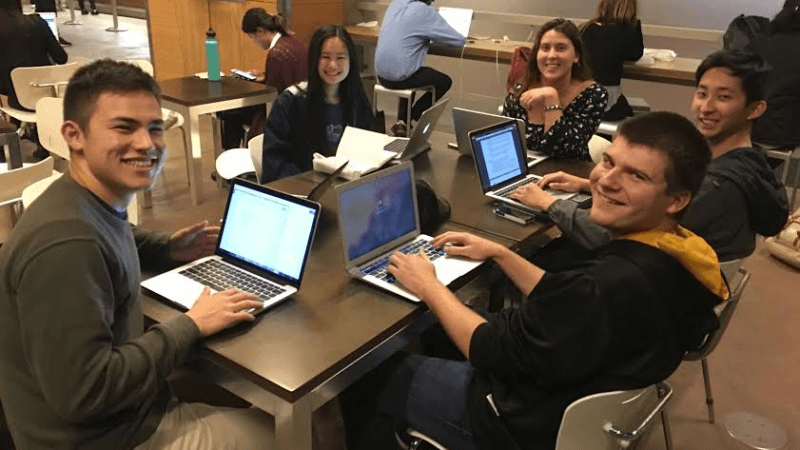
Blog |
Rethinking Conventional Pest Management
By Nathaniel Park
Cockroaches, wasps, and rodents are not the types of animals that garner much sympathy and it is easy to just leave out pesticides and forget about them. For the goals of the sustainability community of UCLA, however, that is not the right solution to the problem. The traditional ways of dealing with pests is fraught with ecological problems and hidden costs. Bioaccumulation and the inadvertent poisoning of other animals in collateral damage can bring many problems beyond the less-than-savory pests that may be around. Integrated Pest Management or IPM is a set of methods and frameworks that can help prevent pests using common sense practices and is the most environmentally friendly option we have. It focuses on pest prevention by identifying areas of risk and removing conditions that are conducive to pest infestations while avoiding the use of poisons.
The 2017 IPM Sustainable Action Research team is eager to begin creating our own sets of frameworks and methodology that we hope can be used to make UCLA more environmentally friendly and a safe and clean school. When we meet with our stakeholder, Bonny Bentzin, the UCLA Deputy Chief Sustainability Officer, next week we look forward to creating a thorough research project that will tackle these issues.
